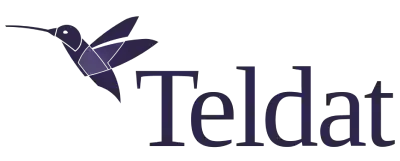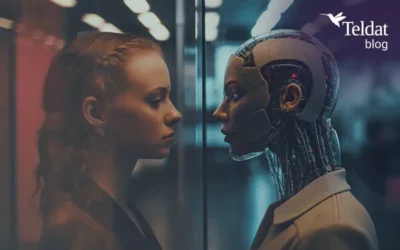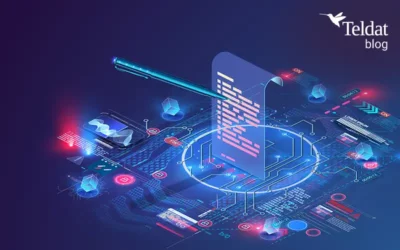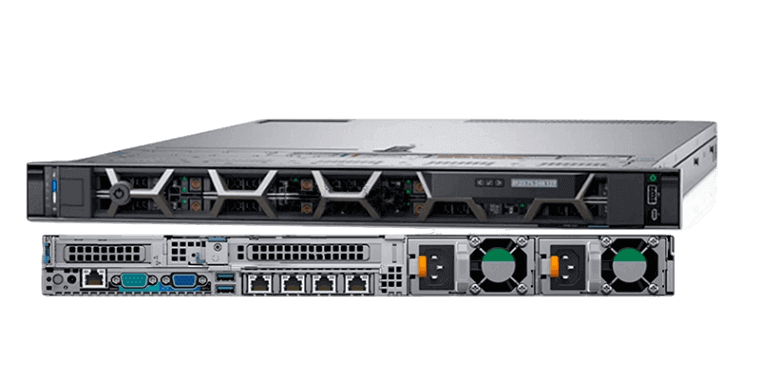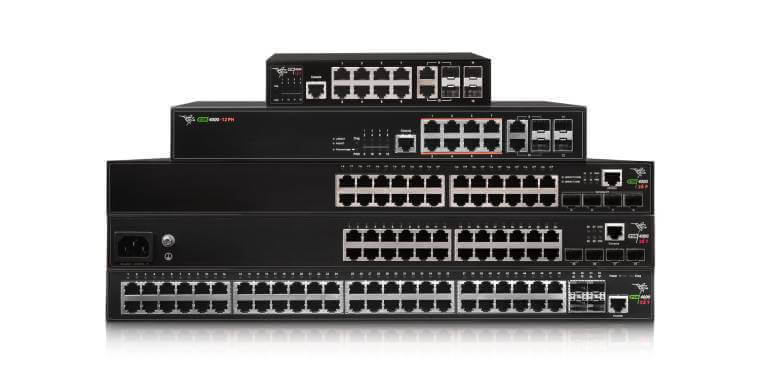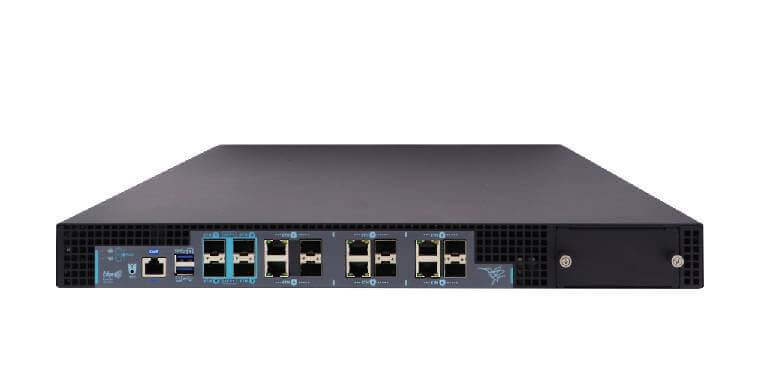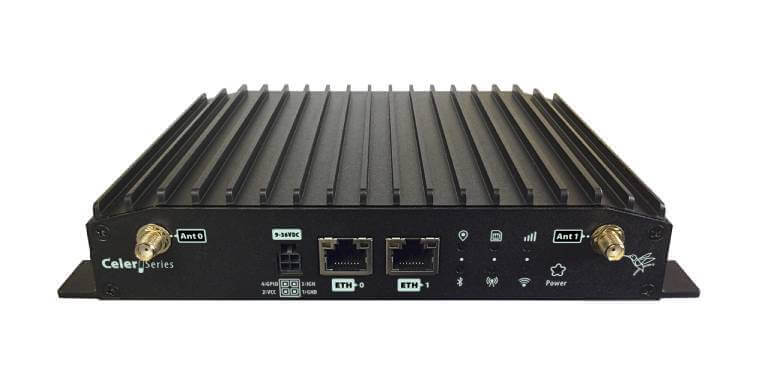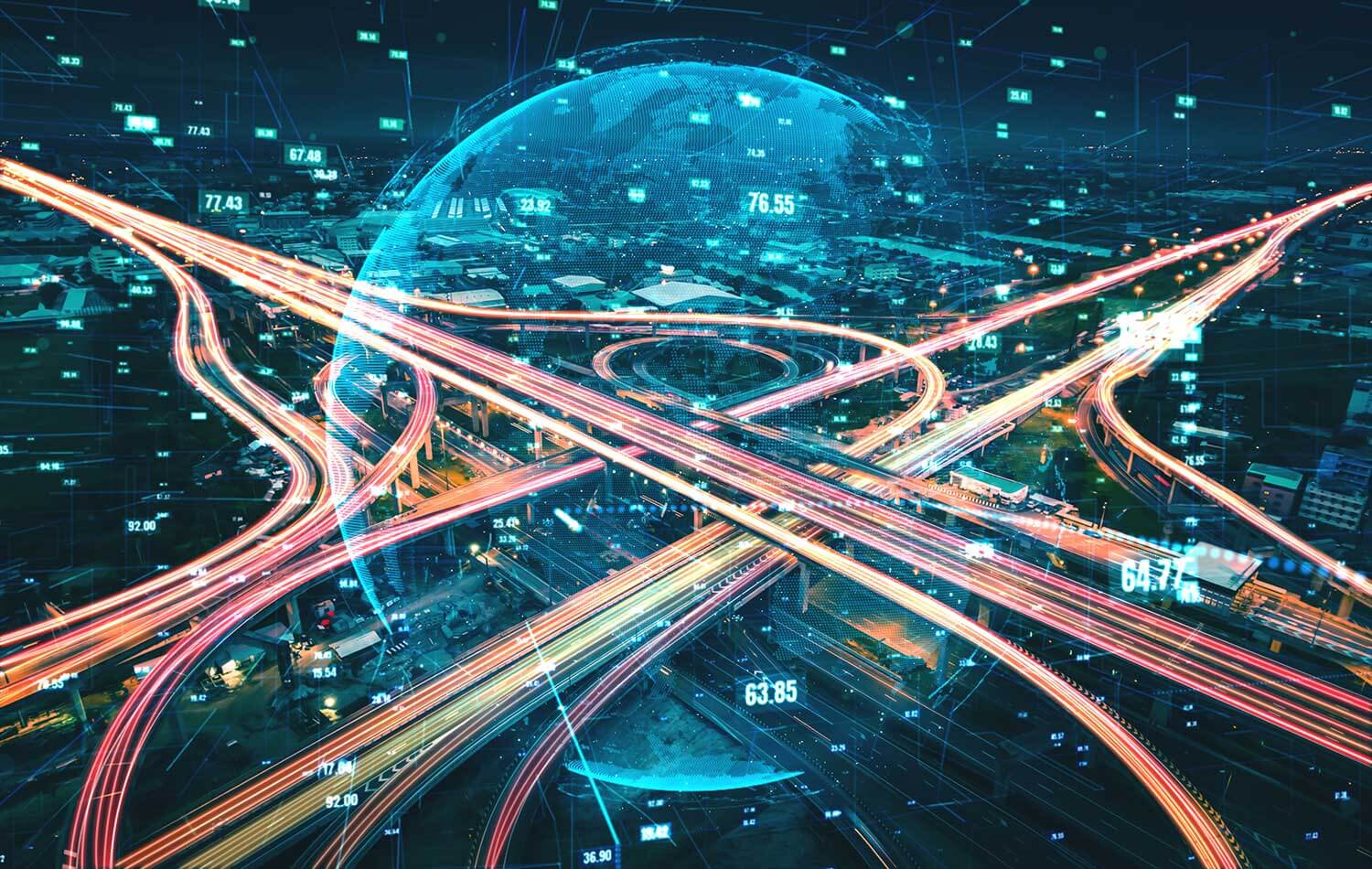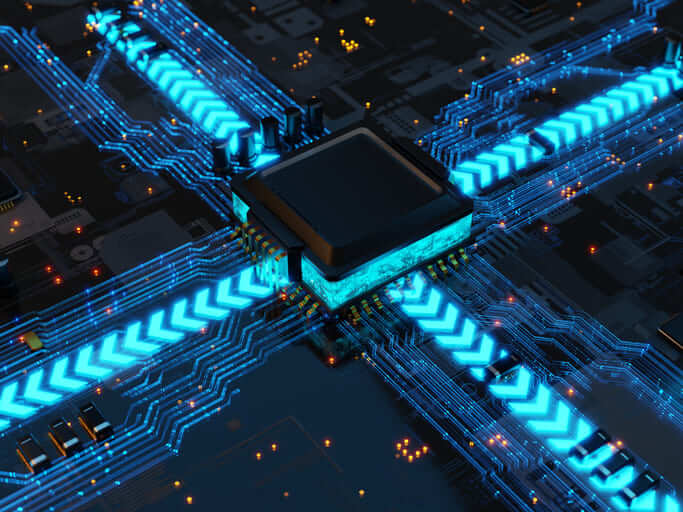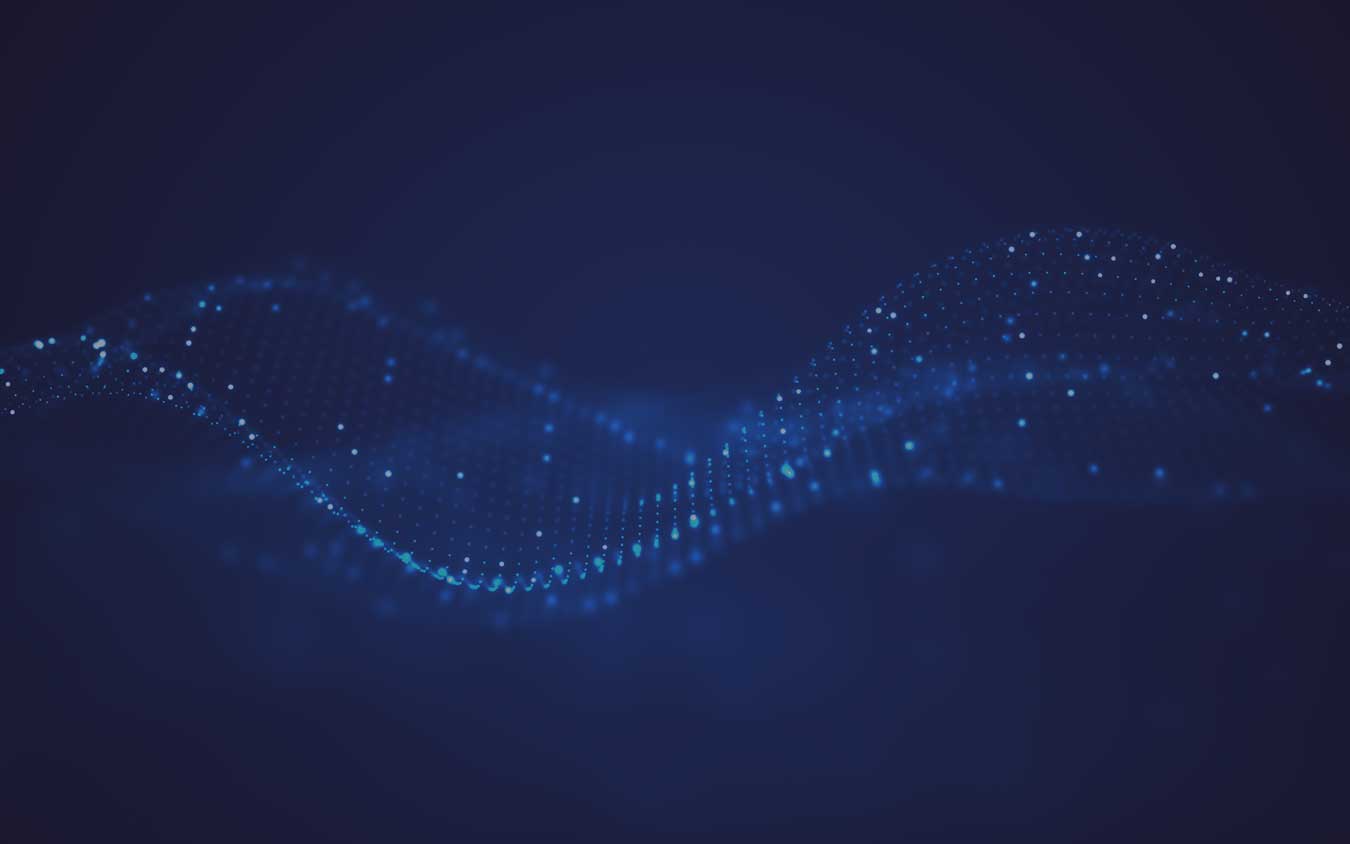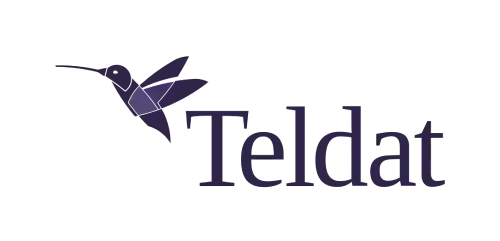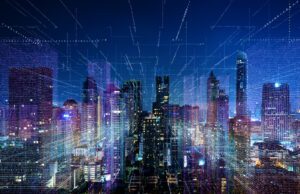 After several years in which the growth forecasts for the IoT market were not met, 2019 exceeded expectations, and certain market analysts predict connected devices will increase by 21% in 2020.
After several years in which the growth forecasts for the IoT market were not met, 2019 exceeded expectations, and certain market analysts predict connected devices will increase by 21% in 2020.
We can therefore say that the broader adoption of this technology is finally taking place, and this mass adoption comes with several questions:
What are and what will be the use cases?
- Smart metering
Given the imperative need to modernize the electricity network to adapt it to changing demand patterns, smart metering in the field of electricity is expected to be one of the fastest growing sectors. This aspect will be even more important when every home has an electric car, since this will be the appliance that without doubt will consume the most power. We will have significant peaks in energy consumption at times where now there are troughs, and data obtained through IoT will help utility companies to establish new rate profiles: will this mean the end of the night-time tariff?
- Automation, monitoring, predictive maintenance:
In the 4.0 industry, data provided by IoT devices will mainly be used for monitoring, automation, and predictive maintenance purposes.
The “digital twin” concept provides a paradigmatic example of the use of IoT in these fields. Digitally reconstructing installations, such as desalination plants, oil rigs, high-voltage lines, etc., enables full remote control, real-time monitoring and leveraging data in predictive models which anticipate failures or find points of improvement to increase the efficiency of business processes.
This technology implies integrating IoT, Virtual Reality and Augmented Reality, facilitating intervention in the different environments of specialized technicians who do not have to travel and thereby reducing costs.
- Smart cities / Smart environment:
Having a volume of data that offers the possibility of understanding how traffic works in a city will help us improve the city’s traffic, and this improvement will reduce emissions.
Similarly, regarding water use, we will be able to find leaks in the supply network, measure the quality and quantity of water in reservoirs and reinforce responsible use.
There are currently several digital city projects which can serve as models for the cities of the future, but a change is being seen in small towns which are undertaking slight changes. These should undoubtedly serve as the example for a global transformation.
What are the challenges?
- Security:
Security is the main challenge facing information technology and especially IoT. If we think about the attacks that devices are exposed to today, it helps us to understand the particularity of the IoT case, where there are also situations in which devices are unprotected and at risk of being physically accessed. In this area, Microsoft has taken a major step forward with the creation of Azure Sphere, a comprehensive solution that includes everything from hardware to an operating system for secure integration with the Cloud.
- Privacy:
Environments like Smart Home produce particularly sensitive data. Ensuring that these data stay safe and private implies an unavoidable ethical commitment on the part of those wishing to operate in the sector. In view of the growing concern of the population in this regard, for the IoT to work, it has to be secure and private.
- Edge computing:
The large volume of data generated and required for certain solutions, such as the autonomous car, requires a large processing capacity that cannot be moved to the Cloud if we are to operate with minimum latency. This means we must provide more computational power to the devices that are closer to where data is created. Tools with graphic processors especially suitable for Machine Learning are common in the aforementioned environment and will begin to be more so in everyday solutions.
- Bottomline:
Machine Learning and Artificial Intelligence are two technological solutions that will govern people’s lives in the future. IoT will only be as useful as the data we can obtain with their help. This data will feed predictive models to provide solutions to the key challenges we are facing today.
Teldat has a range of Mobility and IoT solutions that move data securely and robustly from where it is created to where it is consumed. From onboard communications platforms that can provide useful information for predictive maintenance, to industrial routers that integrate seamlessly with different devices through interfaces like PLC and SCADA.
